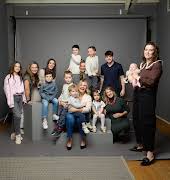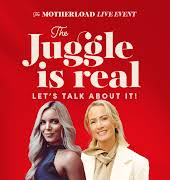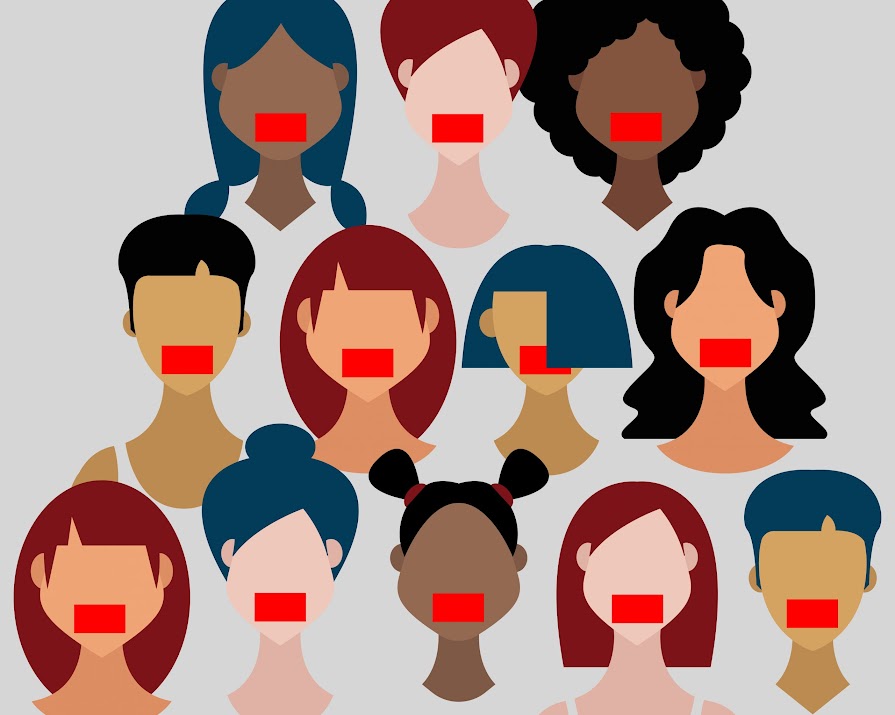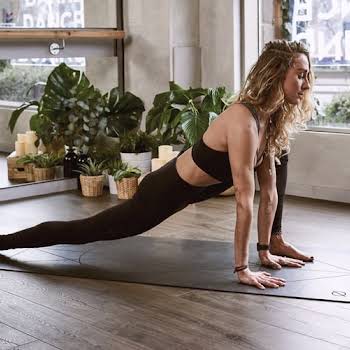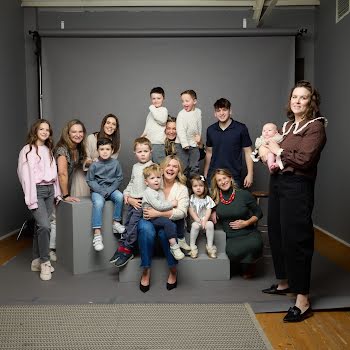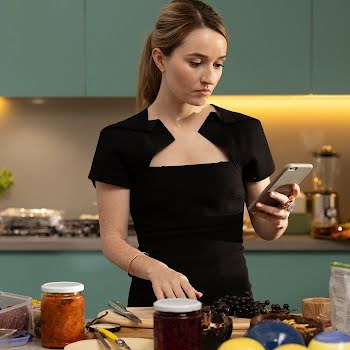How to have a constructive conversation with your vaccine-hesitant loved one
By Lauren Heskin
08th May 2021
08th May 2021
We need to talk about vaccine hesitancy because silence is only serving to amplify fears.
We all know someone. An uncle, cousin, parent, friend or co-worker. Not someone who is sending you Q-Anon levels of conspiracy theories, that’s a different kettle of fish. It’s the person who maybe didn’t quite celebrate when your mum got the text to come in for her first jab, or who has expressed some concerns over AstraZeneca versus the mRNA vaccines. A recent NUIG study found that young women under 30 were particularly vaccine-hesitant with less than 70 per cent saying they would get the vaccine, down from an average of 75 per cent of those surveyed.
We’re all so desperate to get a vaccination and hug our families, see our friends, feel like we can start living our lives again. But in our eagerness, we not seeing those amongst us who might not feel as excited. Unable to air their concerns for fear of being ridiculed or misinterpreted, they’re self-silencing.
And their concerns are understandable. The vaccine is new and while the stop-start motion of the vaccine roll-out was all in the name of scientific integrity, you can see why it might not inspire confidence in those already wondering.
The last thing you want is them fleeing to the edges of the internet for their vaccine news. With main social media behemoths working (and sometimes failing) to shut down fake news since last year’s US election, conspiracy theorists and anti-vaxxers have moved to less popular and much more unregulated platforms where views tend to lean toward the extreme.
It’s important to be able to give your loved ones the space to voice their concerns and be heard without judgement. Here are a few ways to ensure a productive conversation.
Have empathy
This is probably the most important trait you need to take to a loved one who is vaccine-hesitant. They likely already feel uncomfortable airing views that they know you don’t agree with. Berating, laughing or talking down to them will only alienate them and force them to clam up even further.
It’s also cruel and unhelpful. Recognise that you are not the oracle of knowledge either. They are entitled to their feelings and expressing their hesitancy with you is an act of trust. Treat it as such. This means being understanding, not escalating the situation, treating their thoughts with courtesy and respect.
If you’re looking for an example of empathy in the face of vaccine hesitancy, Gill of @evidentiallyou on Instagram provides concise, clear Covid-19 information and does a great job of establishing an open dialogue with people who are unsure about the vaccine.
Take it seriously
By this I mean both your loved one’s vaccine concerns, but also the vaccine itself. Sometimes in our own eagerness to get back to “normal”, we can seem flippant and foolhardy in our declarations to get the vaccine. “I’ll take whatever’s going, just stick it in there!” While this shows up as giddy excitement to some, to others it can read as reckless and increases their own anxieties.
Make it clear that you’ve seen the news (it’s impossible not to these days) that you understand the pauses in vaccines and their differences but after weighing up the odds between the vaccine and getting Covid-19, you will be getting the vaccine because you feel it is your best option.
Don’t get bogged down in the conspiracy theories
There’s just no point. They’re snaking, shifting theories that are designed to tangle you up in vagaries and incomplete facts. The anti-vax ones typically date back to a long-debunked paper that linked the MMR vaccine to autism and while the theories surrounding the Covid vaccine are similar, they have teamed up with other conspiracy theories about attempts to control the global population and Bill Gates’ hold on the media among others. Which is to say, a collection of separate thorny theories have become a monster of a thorn bush.
If your loved one is at this level, you will not convince them in one conversation. And you can’t continue these conversations if you have a massive falling out, which is essentially where this is going if you are both dig your heels in.
Ask the experts
Encourage your loved ones to speak to their doctor. Neither you nor your loved one is the experts in this field so direct them to speak to someone who does know what they’re talking about. By removing the politics and news headlines from the equation, it can be helpful to see the Covid-19 vaccine as you would any other vaccine – a medical decision made between patient and doctor.
GPs are working on a community level distributing vaccines to people they’ve looked after, in some cases, for their entire lives. They know their family and their personal history. It’s also helpful that GPs in Ireland have already been vaccinated – they’re walking the walk. Their own doctor has their best interests in heart as well as knowledge and experience to help them make the best decision for them.



